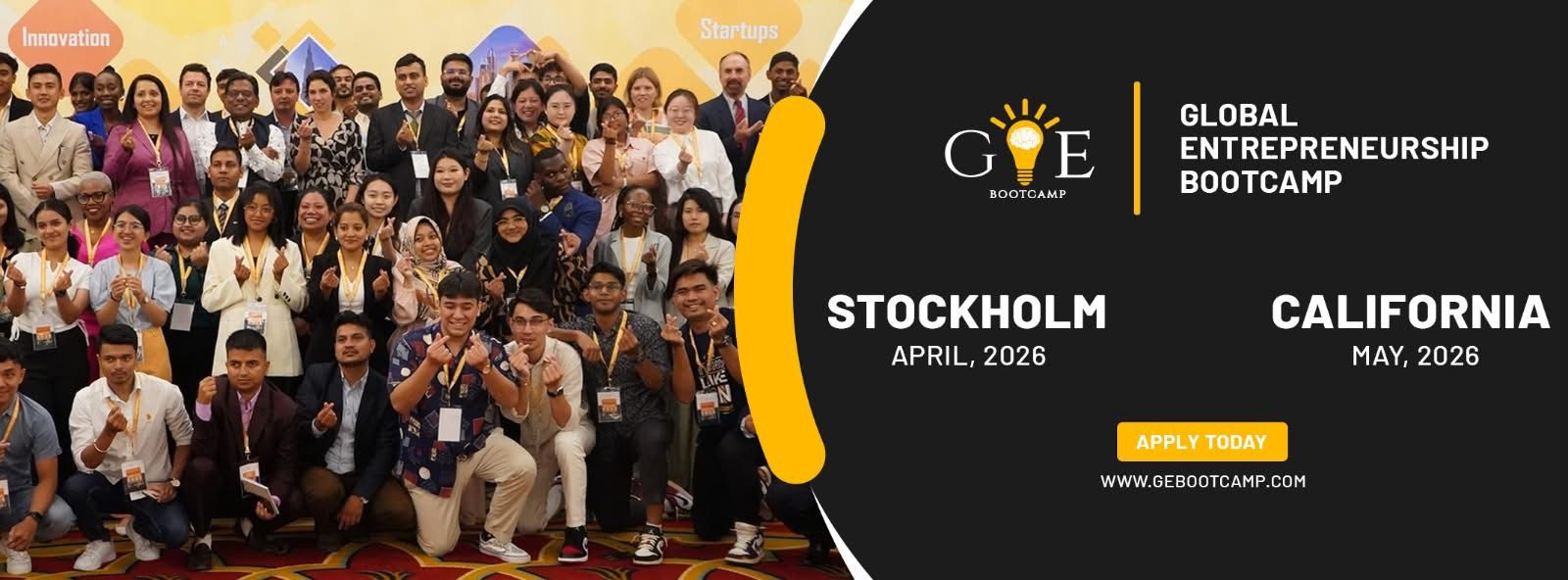
Yokohama National University Scholarship 2021- Fully Funded
Details
Yokohama National University, with a grant funded by the Government of Japan and administered by the World Bank under the Joint Japan/World Bank Graduate Scholarship Program (JJWBGSP), is now seeking prospective students for its inter-faculty Master’s Degree Program in Infrastructure Management (IMP). The program, which will begin in October 2021, is specifically designed for training infrastructure policy planners from World Bank member countries which are currently eligible to borrow.
Interested persons should apply for admission to the Graduate School of Urban Innovation (GSUI), Yokohama National University through the online system by 2 March 2021 and send printed document by 10 March 2021. After screening the records of qualified candidates, the GSUI Selection Committee will select specific number of nominees for admission to the program. The nominees should apply for final screening by the Word Bank (“Scholarship Application”) and several final passers will be accepted as IMP students and receive World Bank scholarships. Successful candidates will receive notification to that effect before July 2021 at the latest.
Apply For: Columbia University Scholarship 2021- Fully Funded
In applying for admission to the program, applicants should note that the IMP is oriented to training government officials with present or future management responsibility and an academic background in the field of engineering. Women are encouraged to apply.
The Master’s Degree Program in Infrastructure Management at Yokohama National University (YNU) was established with a special fund from the Government of Japan, administered by the World Bank, for the purpose of training government officials from developing countries who have engineering backgrounds. The program focuses on such areas as economics, management, specialized engineering and law related to the development and management of infrastructure. In a changing global situation, if the government officials who are engaged in planning and implementing their nations’ infrastructure development policies are to make decisions consistent with the welfare of the people of their countries, it is vital that those officials have advanced knowledge of and experience in management, technological fields and macro-economics.
Also Visit: 2021 Scholarship in Japan- Fully Funded
The YNU program, which is specifically designed to meet the needs of students from developing countries under a scholarship program funded by the World Bank, offers lectures and laboratory work in the fields of engineering, economics, management and law. Students are also provided with the opportunity to learn practical Japanese, mathematics, computer techniques and other basic subjects. After the initial six months of schooling, students engage in internship programs related to their area of study.
Benefits of Yokohama National University Scholarship 2021
Scholarships are allocated to the YNU program by the World Bank. Each scholarship provides a monthly allowance (most probably JPY150, 000 – JPY 170, 000) and a round-trip air ticket to Japan plus a travel allowance. The scholarship also covers tuition fees, the entrance examination fee, the admission fee, and the insurance.
Citizens of low and middle income World Bank member countries are eligible for the scholarships. Applicants must have at least three years of practical experience involving responsibility for infrastructure development and must also intend to pursue a career in the field of development.
You May Also Like: 2021 Scholarships in Melbourne, Sydney and Brisbane || Apply Fully Funded Scholarships in Australia
Housing
Ooka International Residence is a quality housing complex for an international community of students, researchers, and faculty and administrative staff of YNU, which aims to promote multicultural exchange and understanding. This new residence, opened in September 2010, has 252 studio rooms for international students. The advantage of staying at Ooka International Residence is that the occupancy during the whole program period is guaranteed (students need not look for housing for the second year). University-affiliated housing facilities for accompanying family members are extremely limited. Students wishing to bring their families will be asked to make their own arrangements. It is advised that students who intend to bring family members wait until after the first semester of the program, when they become familiar with living conditions in Yokohama. Public daycare services are available for pre-school children, but they are extremely competitive, usually with a very long waiting list. Private childcare services (nannies, au pairs, etc.) are rare in Japan and if you can find them, they tend to be prohibitively expensive.
Eligibility
- Be a national of a Bank member country that is eligible to receive Bank financing and not be a national of any country that is not eligible to receive the Bank financing;
- Not hold dual citizenship of any developed country;
- Be in good health;
- Hold a Bachelor’s degree or its equivalent with superior academic achievement earned more than three (3) years before the Scholarship Application Deadline;
- Be employed in a paid and fulltime position at the time of the Scholarship Application Deadline unless the applicant is from a country identified in the World Bank’s “Harmonized List of Fragile Situations”; and
- Have, by the time of the Scholarship Application Deadline, at least three (3) years of recent fulltime paid professional experience acquired in development-related work after a Bachelor’s Degree or its equivalent in the applicant’s home country or in another developing country; If the applicant is from a country in the World Bank’s list of Fragile and Conflict States. at the time of the Scholarship Application Deadline, the recent professional experience does not have to be fulltime or paid.
- Not be an Executive Director, his/her alternate, and/or staff of any type of appointment of the World Bank Group or a close relative of the aforementioned by blood or adoption with the term “close relative” defined as: Mother, Father, Sister, Half-sister, Brother, Half-brother, Son, Daughter, Aunt, Uncle, Niece, or Nephew.
Join us on Telegram for more opportunities!
Specifications
| Type of Opportunity | Scholarships and Fellowships |
|---|---|
| Deadline | 02 March,2021 |
| Country | Japan |
| Open to | Specific Countries |
| Organizer | Yokohama National University |
| Contact the organizer | [email protected] |
